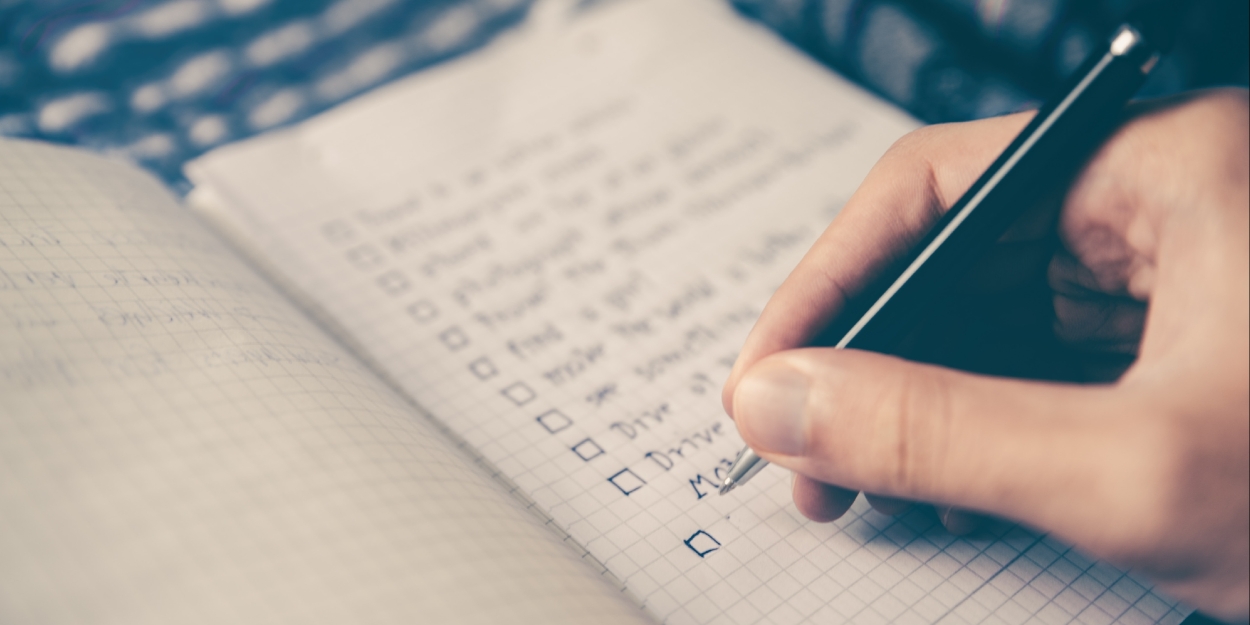Student Blog: Managing Time as a Student and Performer
Being a student and performer can feel like working two full-time jobs. But, it is still possible with the assistance of some time management tools!

Managing time as a student and musical theater performer can be one of the most difficult skills to tackle. During the school year, I am in charge of my regular school work, voice lessons, acting lessons, dance classes, and rehearsals. This load can easily become overwhelming if I do not focus on using certain time management tools. Over the years, I have discovered some strategies that work for me to stay on top of both my school work and theater activities.
I attended school full-time in person during my first two years of high school. I quickly discovered I did not have as much time to complete homework in the evening as other students did. This meant I had to find another way to get my work done in an efficient way. I was lucky enough to have a regular study hall in my schedule. I had to promise myself that I would use the time in study hall to its fullest and get as much work done as possible. The more work I could do during the school day, the easier my evening schedule would be. I would also capitalize off of any free time my teachers provided to get a headstart on homework. Even though I would have rather talked to my friends, I knew getting my work done would relieve a lot of stress in the future. Once I got home for the day, if I still had work to complete, I would sit down and do it immediately. I knew that I would procrastinate and waste time if I allowed myself to take a break before doing my work. I discovered I worked best if I just pushed through and relaxed after my work was done. I learned I had to prioritize getting my schoolwork done during the day so I didn’t have to stress about it during rehearsal. This also allowed me to go right to bed after getting home from my activities.
In my junior year of high school, I did cyberschool full-time and I am planning to do the same for my senior year. Cyberschool allowed me more flexibility during the day but also forced me to be even more aware of how I was using my time. I knew I worked best on a schedule, so I designed my own schedule for school to keep me moving. I divided my day in my mind by things I wanted to complete before and after lunch. I chose to use lunch as a kind of checkpoint in the middle of my day to make sure I was still on track to complete all of my tasks by the end of the day. Dividing my tasks into the “before lunch” and “after lunch” categories allowed me to focus on only certain tasks at once. I knew I didn’t have to even think about the “after lunch” tasks before noon, which gave my brain time to fully focus on my morning work.
During the summer, I don’t have any schoolwork to worry about, but I still have a lot I have to complete every day. It is easy for the day to run away from me during the summer, so I use the same strategy I used for my school work. I decide what I want to do before lunch and what I want to do after lunch. For example, I might say I want to practice singing and clean my room before lunch and work out and spend time outside after lunch. Even if I don’t complete these tasks specifically before and after lunch, it still provides me with a check-in point to make sure I am using my time efficiently.
These are only some of the tools I use to help manage my time as a student and a performer. No matter the circumstances, I have always been more successful when I have a clear understanding of what I need or want to accomplish each day, whether that be from physically writing a to-do list or just thinking through one. Time management takes practice just like any other skill. Being great at managing time will be a tool that will help you in any walk of life. It will always feel like you are juggling a million things, but the balancing act will get easier over time.

Videos


